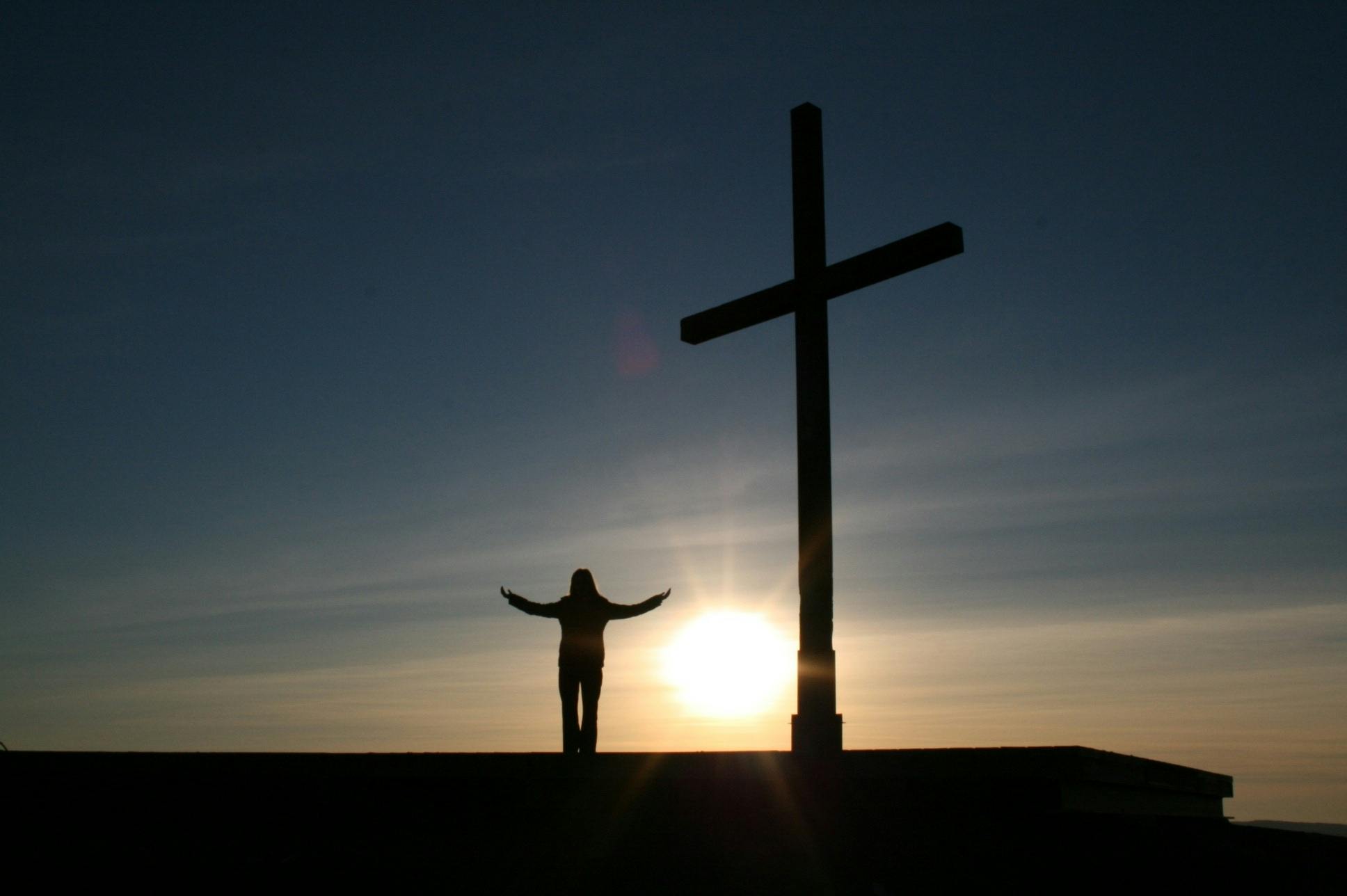
Christian community shrinks further
Attacks against the Christian minority in Jerusalem are on the rise, with the municipality demanding a staggering amount in back taxes from one patriarchate in particular. A precedent threatening to change the face of the region forever is looming.
In the shadow of Israel’s fight against the Hamas terrorist organisation, Christianity continues to decline in the Holy Land. A century ago, Christians made up around 20 per cent of Jerusalem’s population, but today, that number has dropped to less than 2 per cent. This trend is not driven by the state but by the streets. Recently, the Jerusalem police publicly expressed concern over the rise in violent incidents against Christians and Christian institutions in the Old City. Just days ago, a Jewish extremist stabbed a woman he believed to be Christian—though she was actually Jewish. Last week, police arrested eight individuals for allegedly spitting on a church in the Old City. Such incidents have become commonplace.
“Unfortunately, we are witnessing the despicable and unacceptable phenomenon of hate speech against Christians in Jerusalem’s Old City,”
said Jerusalem police chief Dvir Tamim last Friday.
Now, leaders of various churches in the Holy Land are voicing concerns over a new kind of attack, this time coming from the authorities. Since ultra-Orthodox Jews and Jewish settlers won a landslide victory in last year’s Jerusalem municipal elections, partly due to low voter turnout, the municipality has taken a tough stance against the Orthodox Armenian Patriarchate of Jerusalem.
Authorities claim the patriarchate owes the city municipal property taxes, known as Arnona, accrued since 1994. To settle the debt, city officials are now threatening to seize and auction off the patriarchate’s properties. This would effectively mean the dismantling of the Armenian Quarter in the Old City, which has existed since the 4th century and is the smallest of the four quarters, covering around 15 per cent of the Old City and home to just under two thousand residents.
Churches cannot sue
The State of Israel has no constitution, only a supreme court. This means that all its statehood is based on laws that come from various legal systems and different centuries. Israeli law, Ottoman law, law from the British Mandate period and religious law such as Sharia or canon law all apply in Jerusalem.
Since most churches are hundreds of years old, they continue to be governed by Ottoman law. Under this legal framework, religious organisations are tax-exempt but are not considered legal entities, meaning they are not recognised as public institutions. As a result, a church cannot bring a case before the supreme court.
In 1994, under Pope John Paul II, the Vatican began to establish formal diplomatic relations to negotiate a basic treaty with the State of Israel. This was followed in 1997 by the conclusion of an agreement on the readjustment of tax issues. However, the Israeli parliament never ratified the agreement, frustrated with Rome’s decision to recognise the State of Palestine in the meantime.
To this day, the Catholic Church is willing to pay taxes but has no official status. The fact that the agreement was reached is due to a unique circumstance: the Catholic Church is represented by a state, the Vatican, whereas most other churches in Israel do not have that option. However, almost all of them are interested in accepting the provisions of the agreement as a draft.
After the municipality threatened to expropriate the Armenian Patriarchate, all Christian churches have now rallied behind Rome’s representative, Cardinal Pierbattista Pizzaballa, to protest the measure and avert a dangerous precedent. Church leaders fear that if the Armenian Quarter falls, all church institutions could soon be in trouble.
Abbot Nicodemus Schnabel, the highest-ranking representative of German Catholics in the Holy Land, is also concerned about the long-term risks to German properties, including the Abbey of the Dormition on Mount Zion and the Tabgha Monastery on the shore of the Sea of Galilee. So far, the German side has relied on temporary solutions to keep the situation relatively stable. The Archdiocese of Cologne has been listed as the official owner of all properties in the land registry. However, monks working in Israel hold special visas that have to be renewed annually, as they have no officially recognised employer in the Holy Land. The churches do not have the necessary legal status for this.
Tags:

